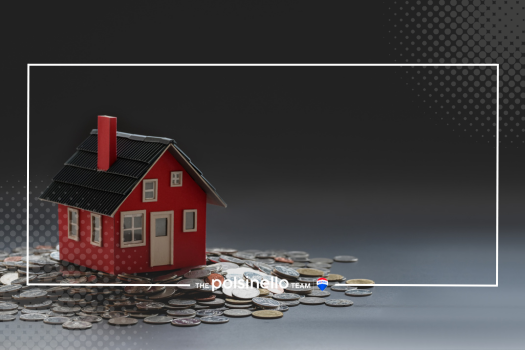
Buying a house is a significant financial milestone, and one that requires careful planning and consideration. In this guide, we will delve into the intricacies of budgeting for a house, providing valuable insights and practical tips to ensure a smooth and informed home-buying process.
Understanding Your Financial Landscape
Assessing Your Current Financial Situation
Before embarking on the journey of buying a house, it's crucial to take stock of your current financial situation. This involves evaluating your income, expenses, and existing debts. Creating a comprehensive overview will help you determine a realistic budget for your home purchase.
Building a Realistic Budget
Creating a budget is more than just crunching numbers; it's about understanding your financial goals and limitations. Allocate funds for the down payment, closing costs, and potential unforeseen expenses. A realistic budget sets the foundation for a successful home purchase.
Exploring Mortgage Options
Different Types of Mortgages
Navigating the mortgage landscape can be overwhelming, but understanding the various types of mortgages can make the process more manageable. From fixed-rate to adjustable-rate mortgages, each option has its own set of advantages and considerations. Choose the one that aligns with your financial goals and risk tolerance.
Pre-Approval Process
Getting pre-approved for a mortgage is a crucial step in the home-buying process. It not only provides a clear picture of your borrowing capacity but also gives you a competitive edge in a competitive market.
Strategizing Your Savings Plan
Saving for the Down Payment
The down payment is a significant upfront cost when buying a house. Establishing a dedicated savings plan can help you reach this financial milestone faster. Explore creative ways to boost your savings and accelerate your journey towards homeownership.
Emergency Fund Considerations
In addition to the down payment, having a robust emergency fund is essential. Unforeseen expenses can arise during the home-buying process, and having a financial safety net will ensure that you are well-prepared for any unexpected challenges.
Overcoming Common Challenges
Dealing with Fluctuating Market Conditions
The real estate market is dynamic, and prices can fluctuate. Understanding how to navigate these changes and make informed decisions in a volatile market is crucial for prospective homebuyers.
Managing Debt While Saving
Balancing debt payments and saving for a down payment can be challenging. We'll explore strategies to manage your existing debts while working towards your homeownership goals.
Budgeting for a house is a multifaceted process that requires careful planning, financial literacy, and a proactive approach. By understanding your financial landscape, exploring mortgage options, strategizing your savings plan, and overcoming common challenges, you can embark on your homeownership journey with confidence.
FAQs
-
How much should I allocate for the down payment?
Allocating 20% of the home's purchase price is a common benchmark, but it can vary based on your financial situation.
-
What is the importance of getting pre-approved for a mortgage?
Pre-approval provides a clear picture of your borrowing capacity and enhances your competitiveness in the real estate market.
-
How do I navigate a fluctuating real estate market?
Stay informed about market trends, work with a knowledgeable real estate agent, and be flexible in your decision-making.
-
Is it possible to buy a house with existing debt?
Yes, but managing your debt responsibly is crucial. Create a plan to balance debt payments and savings.
-
Why is an emergency fund important in the home-buying process?
An emergency fund ensures you're financially prepared for unforeseen expenses, providing a safety net during the home-buying journey.
Posted by Frank Polsinello on

Leave A Comment